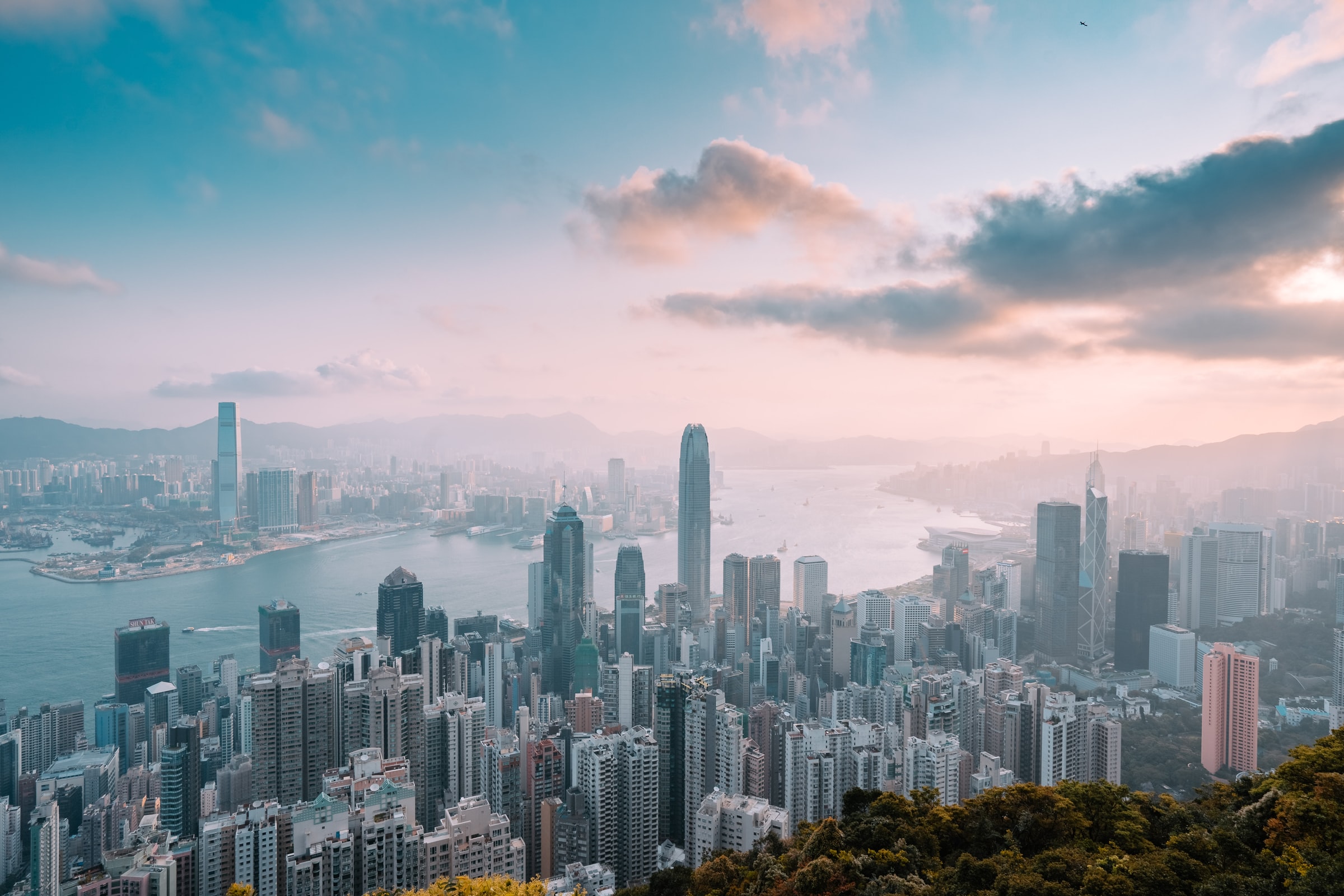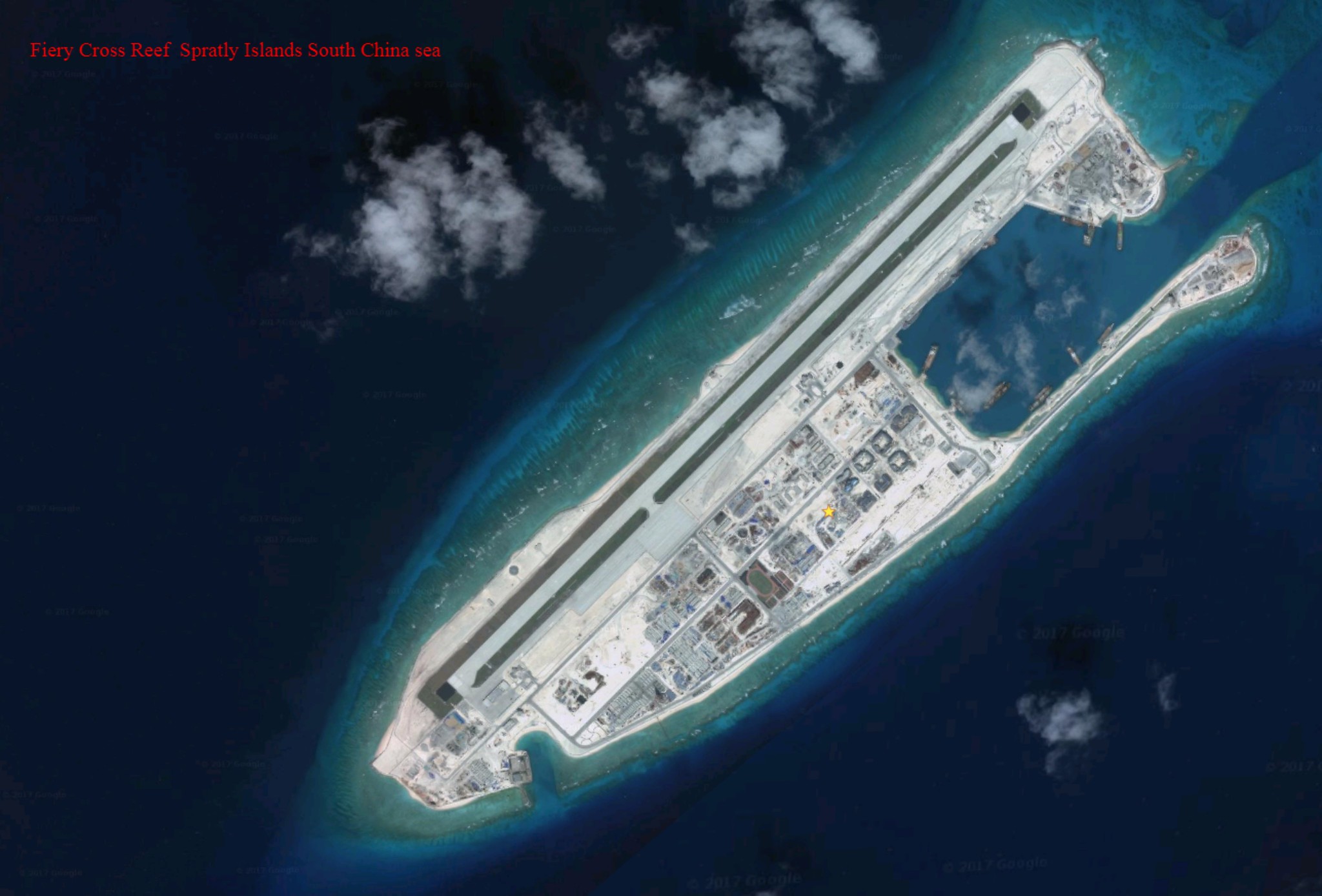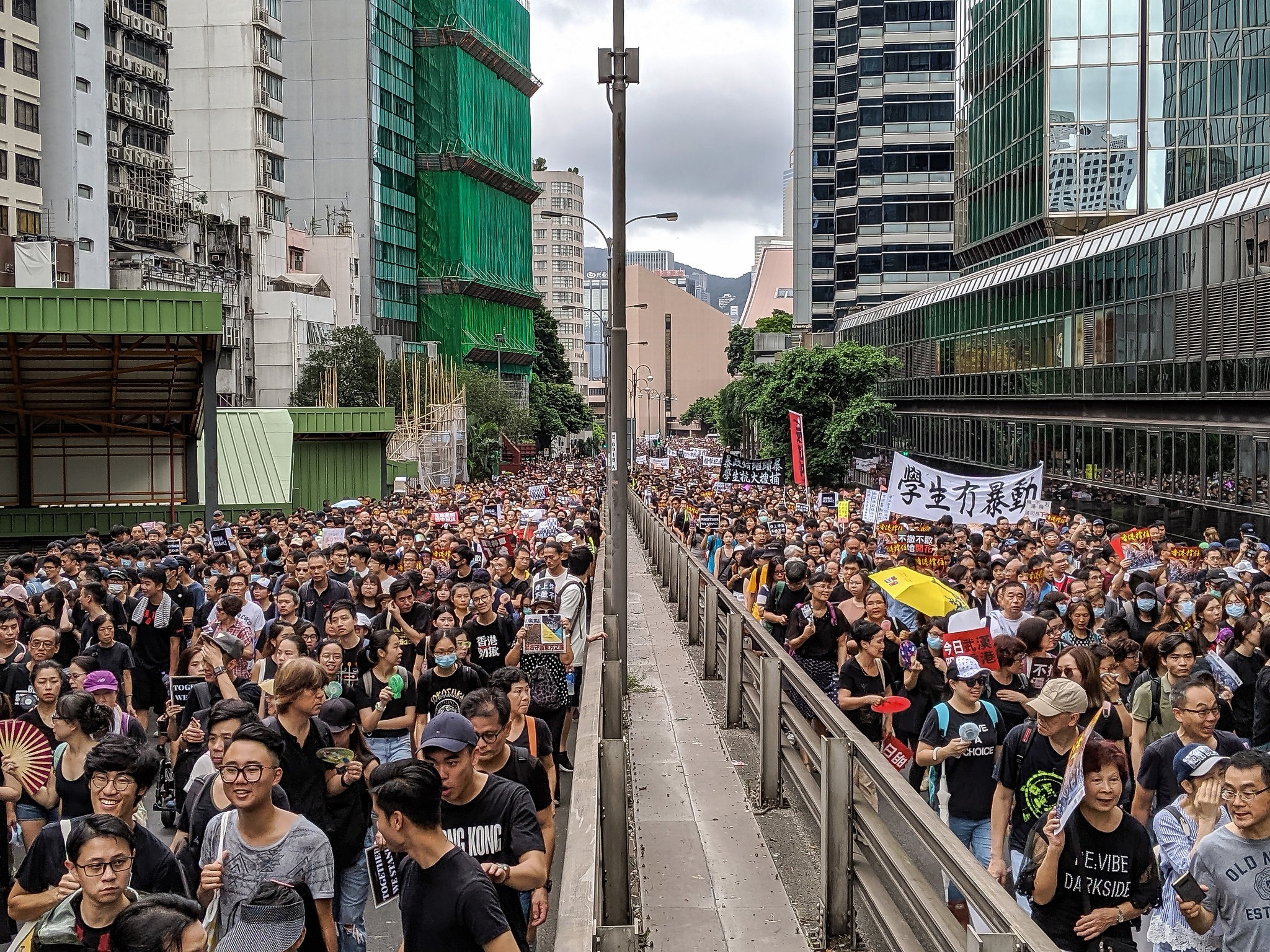Red Lines for China

By Shaun Tan
Founder, Editor-in-Chief, and Staff Writer
31/5/2020

If it wasn’t apparent before, it should be now: China under the Chinese Communist Party (CCP) poses a danger not just to free people everywhere, but to anyone with a backbone.
Since recovering from the coronavirus little more than a month ago, China has tried to punish Australia just for calling for an investigation into the origins of the virus, encroached on Malaysian waters in the South China Sea, and threatened to invade Taiwan. Its behavior in the past month gives a taste of what China does when it thinks it can get away with it, when it thinks the rest of the world is too preoccupied to check it.
Worst of all is what it’s doing in Hong Kong: trying to strip away its freedoms by passing a draconian law against “sedition, subversion, secession, and treason” in what is the most blatant violation of the “one country, two systems” principle to date. By breaking its pledge to allow Hong Kong to retain its special liberties and high degree of autonomy until 2047, China shows its promises to its people mean nothing. By breaching the Sino-British Joint Declaration, which was registered as a treaty in the UN and outlines the terms under which Hong Kong was returned to it, it shows its promises to other countries mean nothing. By bypassing Hong Kong’s legislature in contravention of the city’s Basic Law (the equivalent of its Constitution), it shows it thinks the rule of law means nothing.
Its persecution of Hong Kong people isn’t just driven by spite and its obsessive impulse to control, but by a perceived need to destroy what Hong Kong represents: a free, beautiful, prosperous Chinese city where people can read what they like and say what they like and support who they like, an example that might make mainland Chinese question why they can’t enjoy the same freedoms.

Hong Kong
“A house divided against itself cannot stand,” said Abraham Lincoln before the American Civil War. “I believe this government cannot endure, permanently half slave and half free.” Xi Jinping seems to have made a similar assessment, though with a vastly different conclusion: to maintain the slave state, he seeks to destroy the free city.
You see the same dynamic with Taiwan, often the target of Chinese threats and bullying, never more so than now. Its real crime is that it’s a flourishing liberal democracy, whose people (understandably) reject the rule of the CCP, and whose incredible success in handling the coronavirus makes China look incompetent by comparison.
***
But the case against China isn’t limited to an idealistic defense of democratic principles; even the most heartless realist would acknowledge there are prudent reasons to fear and to oppose its encroachments.
Even the most heartless realist would acknowledge there are prudent reasons to fear and to oppose China’s encroachments.
In addition to being a beacon of liberty, Taiwan is strategically important, sitting at the intersection of the South China and East China Seas. Taking Taiwan would give China an “unsinkable aircraft carrier,” and a crucial deepwater port from which it could threaten the rest of East Asia.
The South China Sea – over which China has been trying to assert exclusive dominion by constructing and militarizing artificial islands, illegally fishing in waters belonging to other countries, and sending ships to harass those of other countries within their own waters, all in breach of the ruling by the Permanent Court of Arbitration in The Hague under the United Nations Convention for the Law of the Sea, a law China has itself ratified and promised to follow – is similarly vital. A third of global trade flows through the South China Sea, and controlling it would enable Beijing to choke off trade and assistance to other countries in the region at a whim.

Fiery Cross Reef in the South China Sea, on which China has built an artificial island (Picture Credit: Loco Steve)
And how is China likely to use this great power? The methods by which it’s tried to obtain it – threats, harassment, territorial violations, and disregard of international law – give some clue, and its recent behavior in other respects is hardly more reassuring. In 2015, it kidnapped and abducted Gui Minhai, a Swedish national, from Thailand (thus flouting both his Swedish citizenship and Thailand’s territorial integrity), merely because he published books unflattering to China’s leaders. At the Asia-Pacific Economic Cooperation summit in 2018, its representatives tried to intimidate other delegates and force their agenda on them, such that they ended up alienating everyone else there. (Their antics included trying to physically barge into the office of the host, Papua New Guinea’s foreign minister, to try to influence the outcome of the summit, and they had to be forcibly ejected by security.) Through a rich Chinese businessman, it apparently suborned an Australian senator into advancing its interests (after this was discovered, the senator was forced to resign).
Through its frequent invocations of Chinese imperial history, and its behavior today, it’s clear China views international relations as fundamentally hierarchical – it sees the South China Sea as a Chinese lake, and the other countries in the region as its vassals who must kowtow to it or suffer the consequences. The CCP’s character – paranoid, intolerant of dissent, insatiably hungry for territory, incredibly vindictive against any perceived slight – makes it a danger to those within its borders, as well as those outside it.
Fortunately, though, the tide may be turning against China. Anti-China sentiment in the US is the highest it’s been in decades, and the White House, the State Department, The Pentagon, and Congress are united in their distrust and dislike of the CCP. The EU, the UK, Canada, and Australia are waking up to the threat China poses. Many countries in East Asia now look at China with the same fear with which European countries regarded the Soviet Union after WWII – and are begging the US to remain in the region to counter it. India, too, is eyeing China with increasing trepidation. For any of these countries to act against China alone might be dangerous, but there is safety in numbers if they act together, because China won’t be able to retaliate against all of them, especially if retaliation will trigger a concerted response.
There is no small degree of irony that such a coalition against authoritarian China would likely be led by Donald Trump (until and unless he’s voted out in November), who sympathizes with dictators like Vladimir Putin and Mohammed bin Salman, and would probably like to be a dictator himself if he could, yet it’s striking how China has managed to unite democrats and dictators, and idealists and realists, alike against it. Countries are essentially selfish, and are seldom prepared to take on risk purely out of principle. Yet countries that only ever act out of self-interest are despicable. In international relations, it’s often only in the space where idealism and realism intersect where good can be done. Checking China falls within this space; it is, to quote Hillary Clinton in a completely different context, “not only the right thing to do, it’s the smart thing to do.”
***
If countries could coalesce to check China’s worst impulses, what should they do?
They should start by setting red lines – identifying important interests and attaching corresponding penalties if those interests are violated in order to deter. Key interests should include Hong Kong, Taiwan, and the South China Sea. Penalties can range from economic sanctions to war (at the most extreme), but whatever the case, they’ll have to be severe enough to serve as an effective deterrent.
Countries should set red lines – identifying important interests and attaching corresponding penalties if those interests are violated in order to deter.
On the issue of Hong Kong, for example, the US is considering using Magnitsky sanctions, which would specifically target individuals and entities responsible for undermining the city’s autonomy and freeze their assets and ban them from entering America. Trump has announced that he will revoke Hong Kong’s special privileges with the US (which is contingent on it maintaining its high degree of autonomy), under which Hong Kong enjoys an extradition treaty, and is exempted from export controls and tariffs that affect the rest of China. The first penalty is too weak to effectively deter or punish China, especially since the highest-ranking Chinese officials responsible (including Xi himself) won’t be subject to it, and will mostly be symbolic. The second penalty would hurt Hong Kong disproportionately, even as it hurts the rest of China.

Hong Kongers protest China’s attempts to erode their city’s freedoms, July 2019 (Picture Credit: Studio Incendo)
A better approach would be to impose or step up trade sanctions on China, including tariffs on Chinese goods and cutting off Chinese access to key technology. That will hit it where it hurts. The Chinese government is more dependant than that of any other country on its ability to deliver economic growth for its legitimacy, and is under intense pressure to make China a high-income economy before its population ages and its growth rate slows even more than they already have. Its 2019 GDP growth rate was 6.1%, that is, if you believe Chinese figures (you shouldn’t – the number is likely much lower), and who knows what it’ll be after the economic fallout from the COVID-19 pandemic takes its toll – if sanctions knock it down by one percentage point, or even part of a percentage point, China will feel it.
How should concerned countries go about penalizing China for its misdeeds? With sensitivity. In his article in Foreign Policy, “In Hong Kong, Xi Plays a Dangerous Game of Chicken,” Doug Bandow, a senior fellow at the Cato Institute, pointed out that the US’ announcement that Hong Kong has lost its high degree of autonomy was premature, because the Chinese law won’t be drafted, passed, and implemented until late summer. He advised the US and its allies and partners to quietly threaten China, whilst leaving the door open for it to change its mind and withdraw the proposed draconian law or water it down whilst still saving face. This is good advice. Strength in diplomacy doesn’t require bluster, red lines can be communicated privately as well as publicly, and a whispered threat can sometimes be more effective than a shouted one. Even when setting red lines, countries should be aware of the Chinese obsession with face, and try to give China an honorable way out. They should also make it clear to China that there is room for it to grow and prosper too, so long as it abides by minimum standards of civility.
Speak softly and carry a big stick, or speak loudly and carry a big stick, but, either way, if you want to deter a bully, you’ll need a big stick – and the willingness to use it.
